Judge rules against NCAA in O'Bannon case, but athletes' victory may be largely symbolic

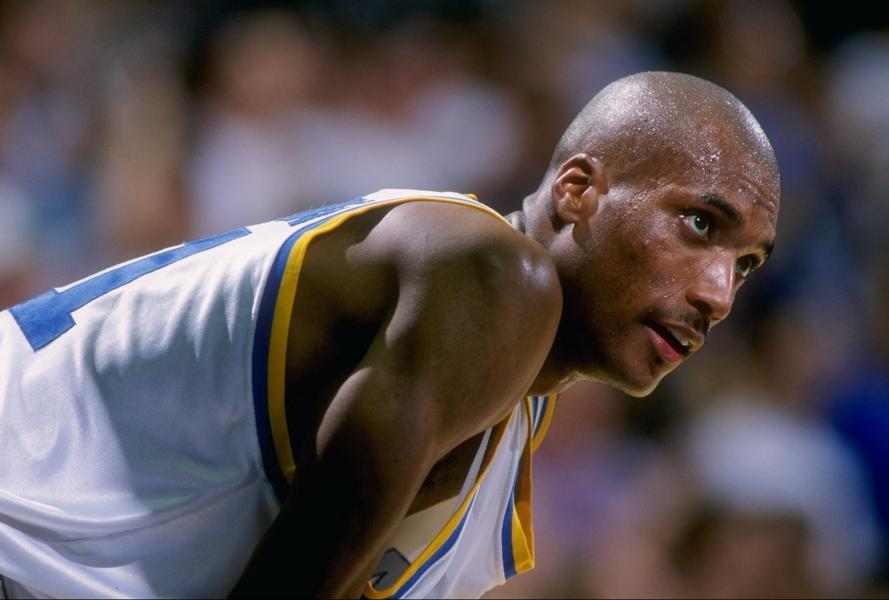
A free daily email with the biggest news stories of the day – and the best features from TheWeek.com
You are now subscribed
Your newsletter sign-up was successful
Friday night's decision in favor of college athletes was big — but it may also prove to be hollow.
U.S. District Judge Claudia Wilken ruled in favor of Ed O'Bannon (a former UCLA basketball standout) and 19 others in a lawsuit claiming the NCAA had violated antitrust law by not allowing athletes to be paid for their names, images, and likenesses. (Worth noting: This ruling is limited to that definition, and while language in this decision could color future pay-to-play debates, it did not directly affect any of those cases).
The ruling is a victory for college athletes (albeit only for Football Bowl Subdivision and Division I men's basketball players, USA Today notes) in the sense that they can now receive up to $5,000 a year in compensation for their role in the live television broadcasts that earn the NCAA so much cash. And, Wilken's ruling could affect other cases currently making their way through the legal labyrinth. She determined the NCAA's arguments that it was not a monopoly and that payments to players were unreasonable based on the definition of amateurism did not hold — "that could haunt the NCAA in other litigation," ESPN's Lester Munson says.
The Week
Escape your echo chamber. Get the facts behind the news, plus analysis from multiple perspectives.

Sign up for The Week's Free Newsletters
From our morning news briefing to a weekly Good News Newsletter, get the best of The Week delivered directly to your inbox.
From our morning news briefing to a weekly Good News Newsletter, get the best of The Week delivered directly to your inbox.
But it's worth remembering how narrow this ruling is. It affects only about 120 players per school, according to USA Today's "very rough math." Even if every eligible player received the maximum $5,000 per year, a school is only out around $600,000 — a large sum, to be sure, but not exactly on par with what the same institutions are receiving from those television contracts. And, these athletes were reaching for hundreds of thousands in compensation. A potential $25,000 payout (based on a typical five-year NCAA career) is a great step up from where the athletes currently stand. It's not likely to extinguish the NCAA as we know it, though.
"They're just giving the plaintiffs a little piece of the money many people would view them as entitled to," Michael Carrier, a Rutgers law professor who specializes in antitrust and intellectual property law, told the AP. "I don't think it will put college athletics out of existence."
A free daily email with the biggest news stories of the day – and the best features from TheWeek.com
Sarah Eberspacher is an associate editor at TheWeek.com. She has previously worked as a sports reporter at The Livingston County Daily Press & Argus and The Arizona Republic. She graduated from Northwestern University's Medill School of Journalism.
-
 Political cartoons for February 20
Political cartoons for February 20Cartoons Friday’s political cartoons include just the ice, winter games, and more
-
 Sepsis ‘breakthrough’: the world’s first targeted treatment?
Sepsis ‘breakthrough’: the world’s first targeted treatment?The Explainer New drug could reverse effects of sepsis, rather than trying to treat infection with antibiotics
-
 James Van Der Beek obituary: fresh-faced Dawson’s Creek star
James Van Der Beek obituary: fresh-faced Dawson’s Creek starIn The Spotlight Van Der Beek fronted one of the most successful teen dramas of the 90s – but his Dawson fame proved a double-edged sword
-
 2 MLB pitchers charged with rigging throws for bets
2 MLB pitchers charged with rigging throws for betsSpeed Read Cleveland Guardians pitchers Emmanuel Clase and Luis Ortiz have been indicted
-
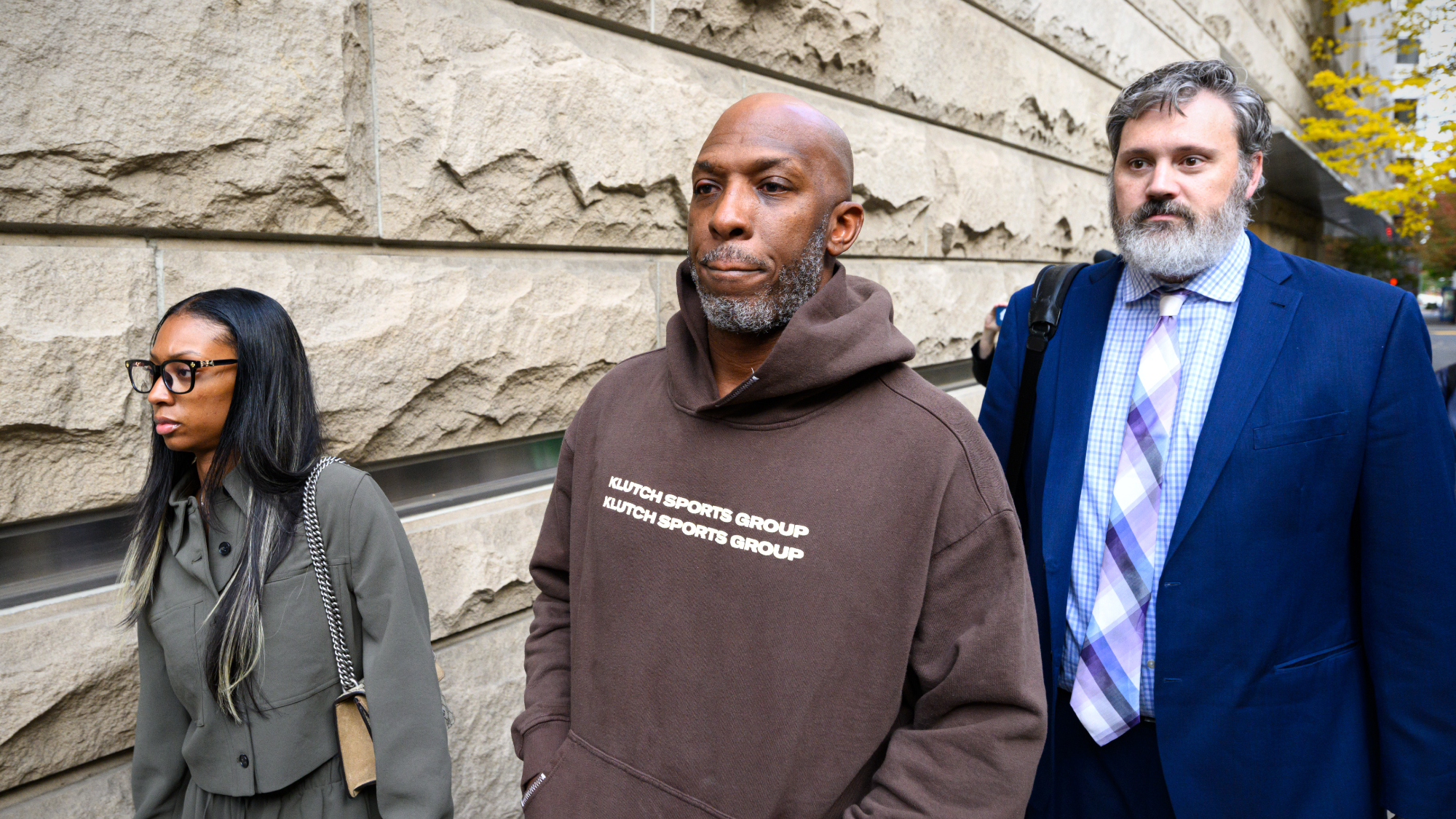 FBI nabs dozens in alleged NBA gambling ring
FBI nabs dozens in alleged NBA gambling ringSpeed Read Portland Trail Blazers head coach Chauncey Billups and Miami Heat guard Terry Rozier are among 34 people indicted in connection with federal gambling investigations
-
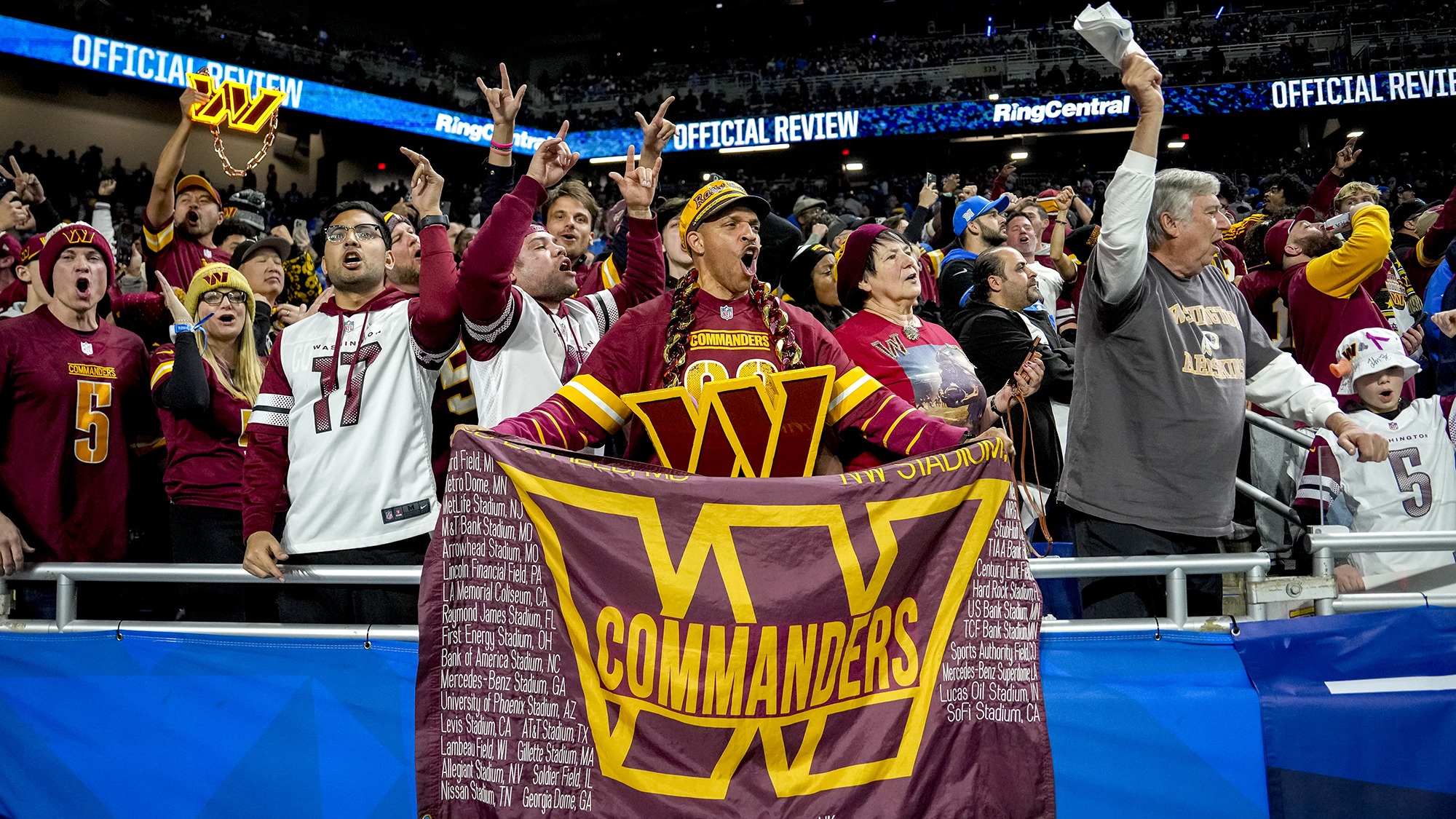 Trump orders NFL team to change name, or else
Trump orders NFL team to change name, or elseSpeed Read The president wants the Washington Commanders to change its name back to the 'Redskins'
-
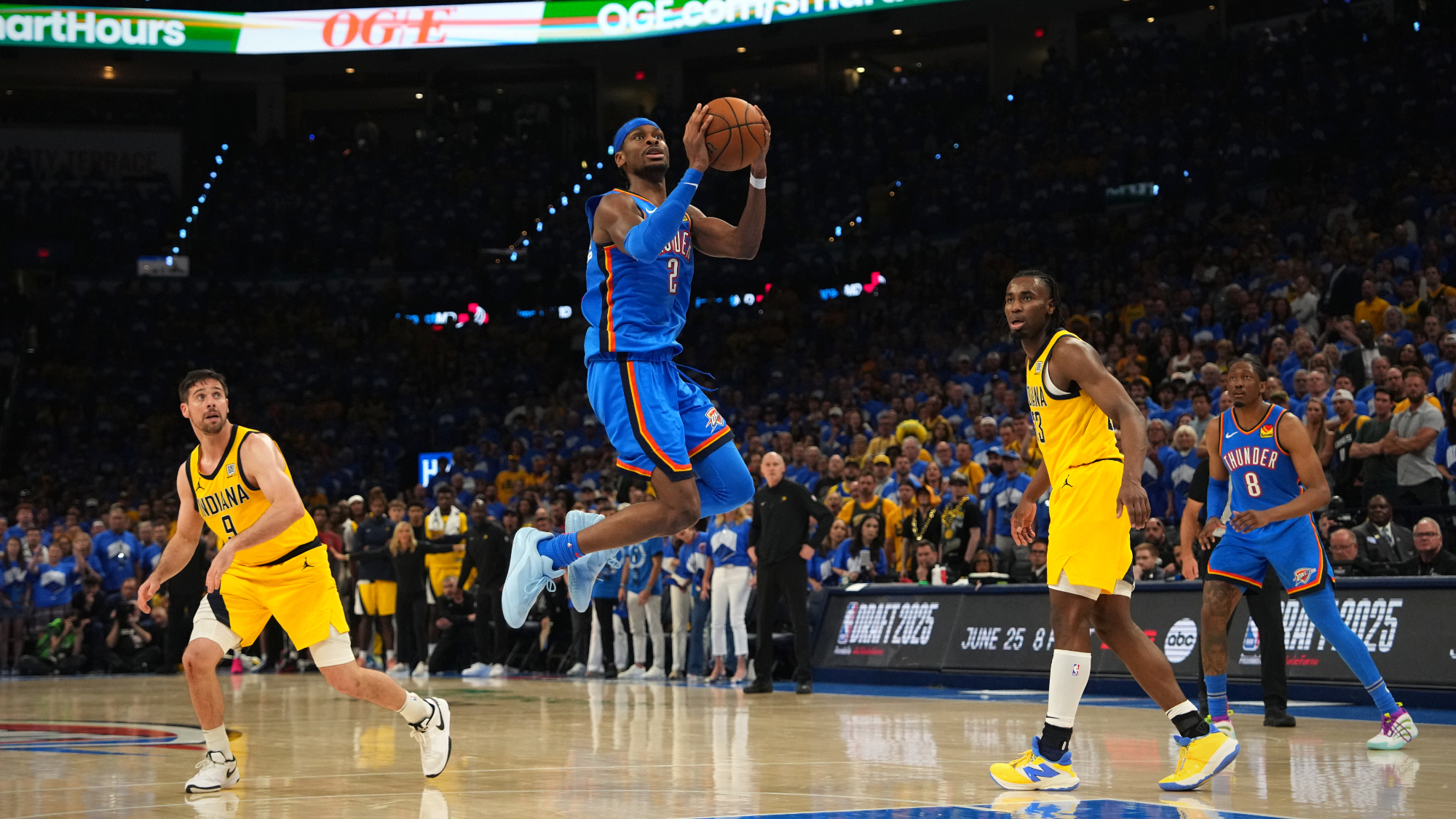 Thunder beat Pacers to clinch NBA Finals
Thunder beat Pacers to clinch NBA FinalsSpeed Read Oklahoma City Thunder beat the Indiana Pacers in Game 7 of the NBA Finals
-
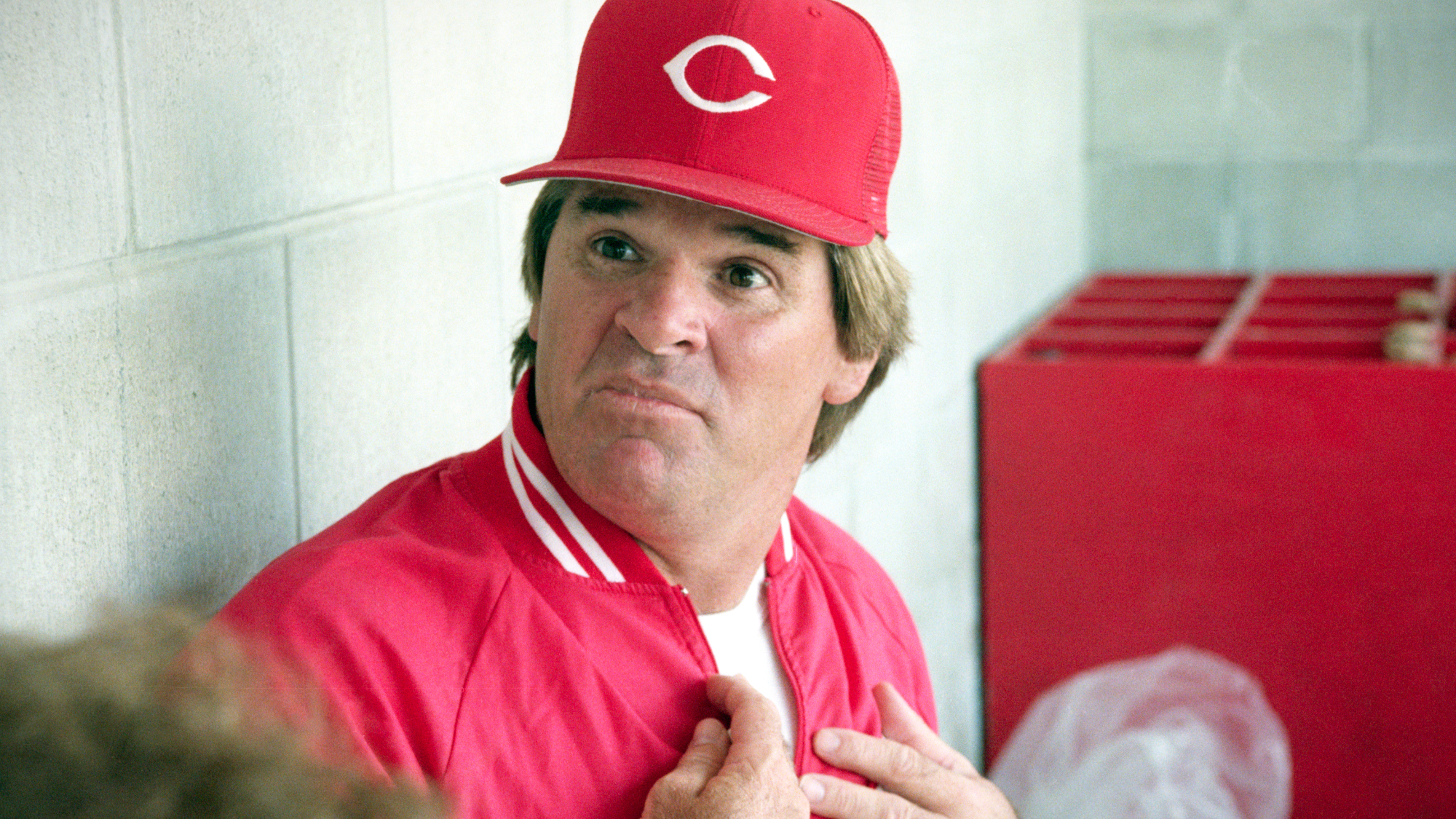 MLB lifts ban on Pete Rose, other dead players
MLB lifts ban on Pete Rose, other dead playersspeed read 16 deceased players banned for gambling and other scandals can now be inducted into the Baseball Hall of Fame
-
 Canada beats US in charged 4 Nations hockey final
Canada beats US in charged 4 Nations hockey finalSpeed Read 'You can't take our country — and you can't take our game,' Prime Minister Justin Trudeau posted after the game
-
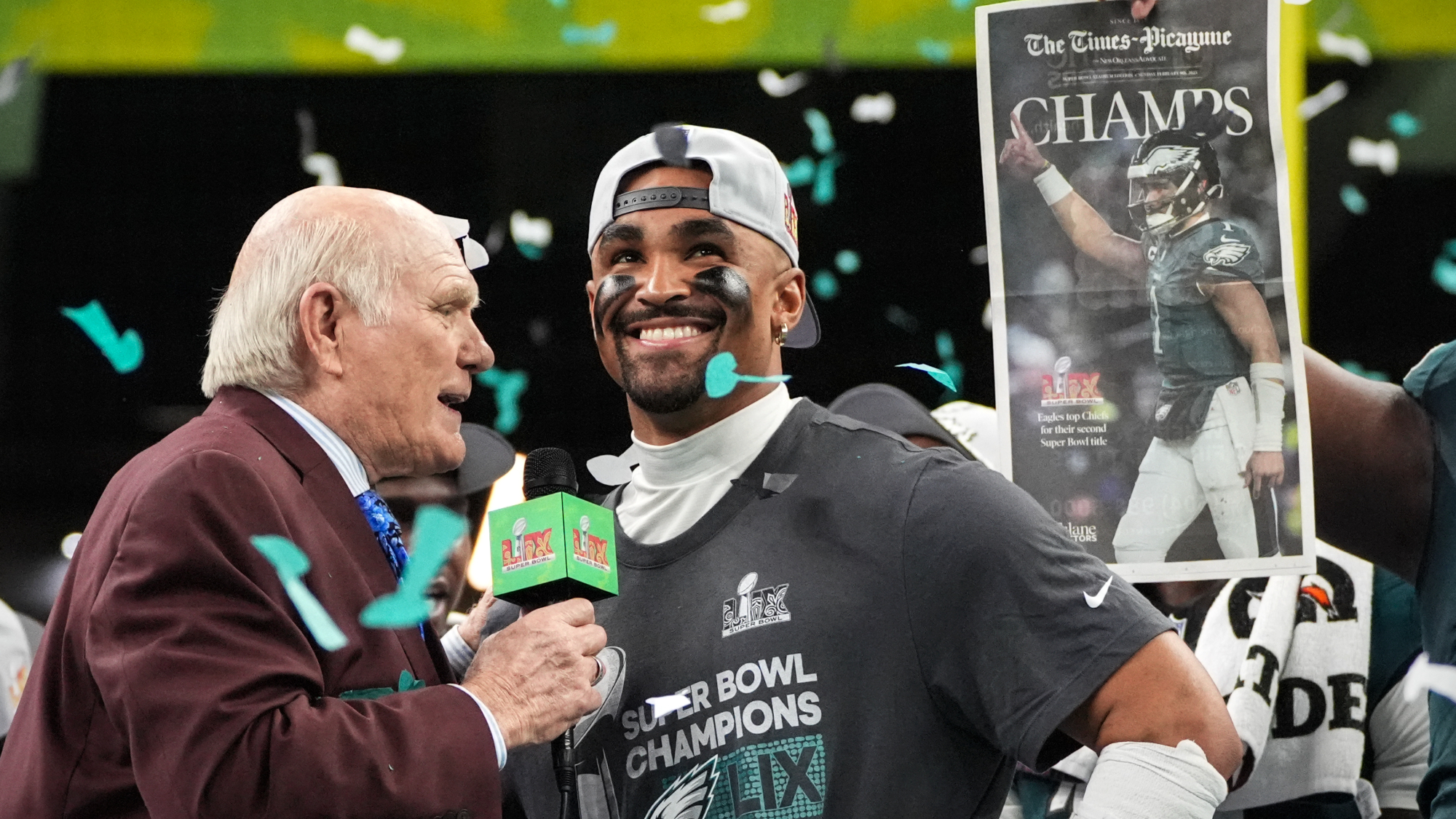 Eagles trounce Chiefs in Super Bowl LIX
Eagles trounce Chiefs in Super Bowl LIXspeed read The Philadelphia Eagles beat the Kansas City Chiefs 40-22
-
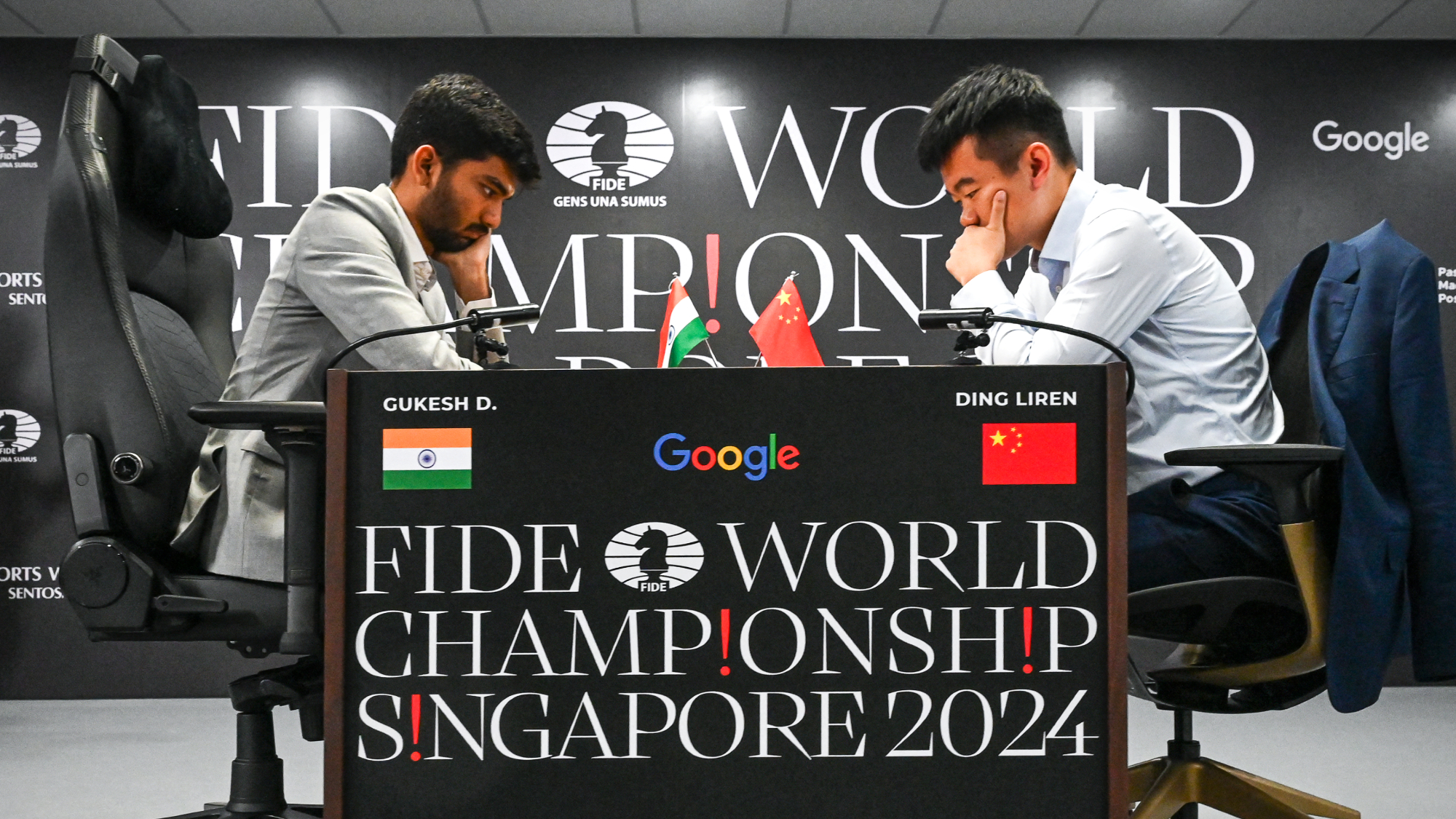 Indian teen is youngest world chess champion
Indian teen is youngest world chess championSpeed Read Gukesh Dommaraju, 18, unseated China's Ding Liren
